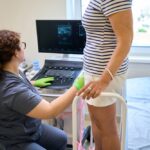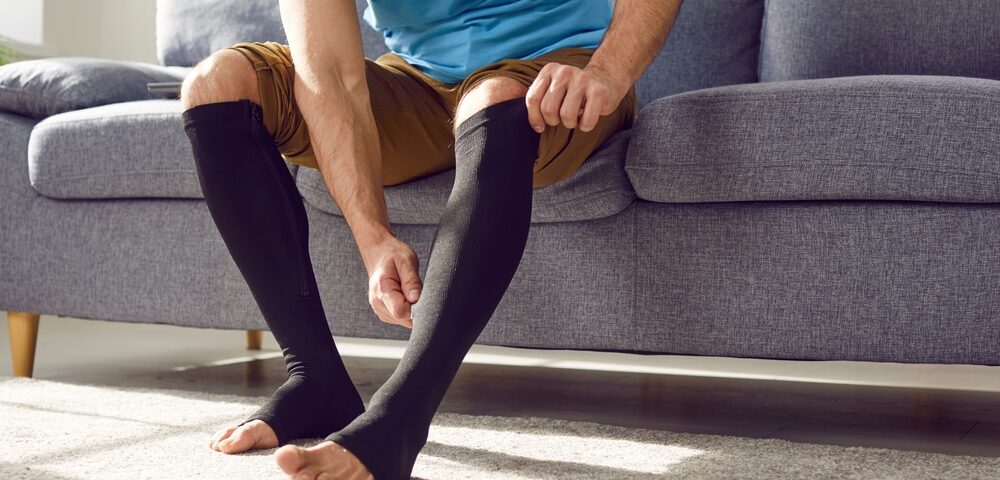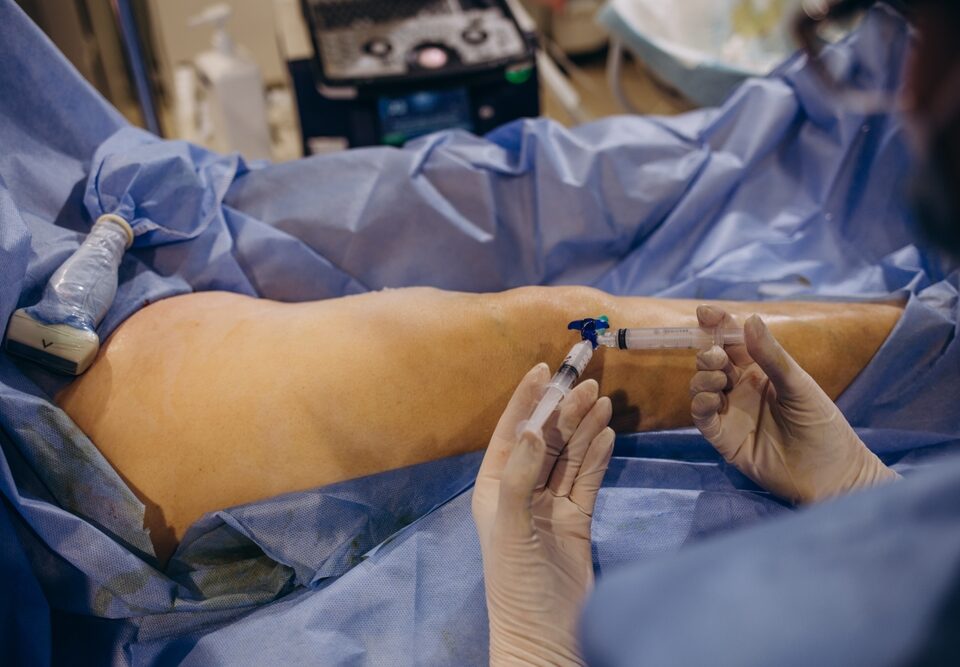
Maryland Patient Guide for Preparing for RFA or EVLT
August 14, 2025
Understanding Leg Heaviness and Fatigue in Maryland
August 14, 2025Venous leg ulcers are open sores that form when blood circulation is poor in the veins of the legs. They are slow to heal and may recur if the underlying vein problem is not addressed.
Prevention of these ulcers is the best way to care for your legs and reduce the risk of complications. Here’s expert advice on how to prevent venous leg ulcers.
What is the Cause of Venous Leg Ulcers?
Venous leg ulcers occur when the valves in the veins of the legs become weak or damaged.
This allows blood to pool in the lower legs instead of returning to the heart. The increased pressure causes the skin to break down and form an ulcer.
Common causes and risk factors include chronic venous insufficiency, varicose veins, and a history of deep vein thrombosis.
Warning signs that you may be at risk of developing venous leg ulcers include swelling in the legs, skin discoloration, itching, and hardening of the skin.
Preventing venous leg ulcers with advice from experts doesn’t have to be overwhelming. Below are some simple tips for you to consider.
Tips to Prevent Venous Leg Ulcers
There are some everyday activities one can do in preventing venous leg ulcers with advice from MD experts, such as:
- Compression therapy. Compression stockings are tight-fitting socks that apply pressure to the legs to improve circulation, reduce swelling, and prevent blood from pooling.
- Weight management. Maintaining a healthy weight and staying active can help promote circulation.
- Exercise. Walking and other simple leg exercises can help pump blood back to the heart and reduce pressure in the veins.
- Elevation. Elevate your legs above the level of your heart a few times a day to reduce swelling and promote healing.
- Skin care. Take good care of the skin on your legs by keeping them clean, moisturized, and protected. This can help prevent skin cracks that can become infected and lead to ulcers.
When to See a Doctor
If you notice persistent swelling, skin changes, or sores on your legs that don’t heal, it is important to seek medical care from a vein specialist as soon as possible.
Early diagnosis and treatment can prevent venous leg ulcers from developing or worsening.
Remember, with some simple guidelines preventing venous leg ulcers advice from MD experts can be easy to follow and improve your quality of life!
Call for Your Appointment and Improve Your Quality of Life Today!
Contact us online or give our office a call at 410-970-2314 today! Schedule your appointment with our medical staff, and rest assured your health is in the best hands.




